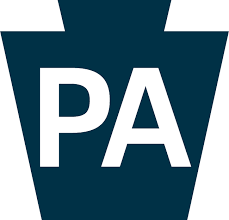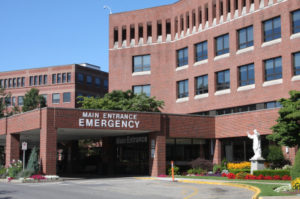Wolf Administration Proposes New Human Services Initiatives for FY 2021
New human services efforts to support vulnerable populations are a major part of Governor Tom Wolf’s proposed $36.06 billion FY 2021 budget for Pennsylvania.
 The proposed budget, presented to the state legislature earlier this week, includes the following new initiatives:
The proposed budget, presented to the state legislature earlier this week, includes the following new initiatives:
- creating pathways to success in the workforce for low-income Pennsylvanians
- increasing the minimum wage to $15
- increasing Department of Human Services staffing to support licensing and oversight
- supporting adults in long-term-care facilities
- legal services for vulnerable populations
- direct care worker comprehensive training
- commitment to performance-based metrics, accountability, and transparency in services and licensing
- supporting vulnerable populations through home- and community-based services and reducing waiting lists
- prevention services to support at-risk families
- improving food security while supporting agriculture
Go here to see DHS’s presentation of these initiatives.
In addition, the Safety-Net Association of Pennsylvania has prepared a detailed memo describing the proposed FY 2021 budget’s implications for Pennsylvania safety-net hospitals and the state’s Medicaid program. For a copy of this memo, use the “contact us” link in the upper right-hand corner of this page.
 According to the comment letter SNAP submitted to the Centers for Medicare & Medicaid Services,
According to the comment letter SNAP submitted to the Centers for Medicare & Medicaid Services, This area is served almost exclusively by Pennsylvania safety-net hospitals and recently suffered a major loss when one of those providers, Hahnemann University Hospital, closed its doors.
This area is served almost exclusively by Pennsylvania safety-net hospitals and recently suffered a major loss when one of those providers, Hahnemann University Hospital, closed its doors.  Last week the Medicaid and CHIP Payment and Access Commission released its annual report to Congress, with most of the report focusing on its analysis and recommendations for policy updates involving Medicaid disproportionate share hospital payments (Medicaid DSH) and Medicaid upper payment limit payments (UPL payments).
Last week the Medicaid and CHIP Payment and Access Commission released its annual report to Congress, with most of the report focusing on its analysis and recommendations for policy updates involving Medicaid disproportionate share hospital payments (Medicaid DSH) and Medicaid upper payment limit payments (UPL payments). The following is MACPAC’s own summary of the sessions.
The following is MACPAC’s own summary of the sessions. An early November bulletin from CMS, however, clarifies that this approach is still permissible, which is good news for Pennsylvania safety-net hospitals and SNAP members hoping to benefit from the state’s hospital assessment.
An early November bulletin from CMS, however, clarifies that this approach is still permissible, which is good news for Pennsylvania safety-net hospitals and SNAP members hoping to benefit from the state’s hospital assessment.